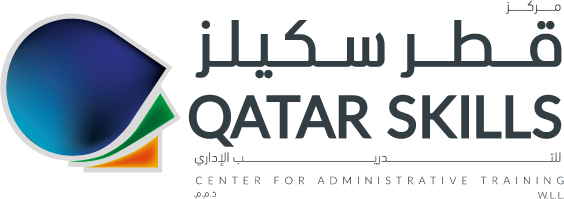array (
'course-city' =>
array (
0 => 48,
177 => 90,
226 => 77,
336 => 106,
371 => 107,
445 => 72,
486 => 108,
528 => 109,
551 => 110,
582 => 111,
604 => 71,
639 => 112,
673 => 78,
708 => 113,
798 => 70,
818 => 114,
875 => 115,
877 => 127,
910 => 116,
1054 => 117,
1226 => 118,
1324 => 91,
1402 => 119,
1492 => 120,
),
'course-language' =>
array (
0 => 49,
706 => 126,
),
'types' =>
array (
0 => 81,
),
'course-category' =>
array (
0 => 67,
127 => 64,
128 => 65,
129 => 58,
130 => 59,
131 => 66,
132 => 125,
133 => 60,
134 => 61,
135 => 123,
136 => 46,
137 => 51,
138 => 62,
139 => 85,
140 => 83,
141 => 76,
144 => 99,
145 => 57,
146 => 63,
149 => 97,
152 => 98,
157 => 124,
158 => 103,
159 => 104,
160 => 105,
161 => 55,
162 => 75,
163 => 53,
164 => 56,
172 => 100,
174 => 101,
178 => 122,
191 => 121,
240 => 102,
),
'course-type' =>
array (
0 => 73,
),
)Water Chemistry, Pre-Treatment & Post Treatment for RO Plant
Course Overview:
Water desalination technologies play a crucial role in socioeconomic development in a number of countries in the world. Desalinated water is an essential and often the sole, source of fresh water in several of these countries, and rising living standards and high population growth are likely to render desalination a viable option for many areas of the world. Fresh water is rapidly becoming a scarce resource in many countries around the world. Modern desalination technologies, applied to seawater and brackish water, offer effective alternatives in a variety of circumstances.
Large-scale thermal desalination technologies have been in use since the 1950s. The larger desalination plants have provided fresh water supplies for drinking municipal use and agricultural development. In the past, high capital costs and heavy energy consumption generally translated into excessive desalinated water costs. However, advances in technology have helped to drastically reduce capital and running costs as well as energy requirements, rendering desalination a more viable option than ever before.
Course Objective:
This course is designed to enable participants to:
- Apply and gain a basic understanding of Thermal Desalination Processes
- Perform the role of Membrane Separation Processes
- Use the basic concepts of Desalination Economics
- Understand the Strategic Issues in Desalination Technology Capacity Building
- Analyze and Understand the Renewable Energy Desalination Technologies
- Use the Recent Trends and Expected Future Developments in Water
- Use the basic concepts of Desalination Technologies
- Wastewater Collection Pumping Systems
Who should attend?
This course is aimed at engineers, scientists, and technologists involved in the planning, management, and operation of water desalination systems and also for manufacturers, consultants, designers, researchers, and water personnel. This course is also suitable for water laboratory staff including lab managers, chemists, scientists, analysts, technologists, and another lab technical staff.
Course Content:
Day 1:
- Source of feed water
- Water desalination main processes: –
- Reverse Osmosis
- Distillation
- Ion exchange
- Electro dialysis
- Filtration process: –
- Micro-filtration
- Ultra-filtration
- Nano-filtration
- Reverse Osmosis
Day 2:
- Theory of Reverse Osmosis
- Reverse Osmosis terminology
- Definitions-RO process
- Factors and parameters related to the RO process
Day 3:
- Membranes: –
- Membranes configurations and types
- Spiral wound membrane
- Overview
- Construction
- Separation
- Fluid dynamics
- Reverse Osmosis plant: –
- Feed water intake system
- Pre-treatment system
- Desalination system
- Post-treatment system
- Operating data
- Operating procedures
Day 4:
- Troubleshooting
- Fouling: –
- Types of fouling
- How to prevent fouling
- Scaling: –
- Nature of scaling
- Prevention of scale formation
Day 5:
- Chemical cleaning: –
- Timing for cleaning
- Cleaning system
- Types of cleaning
- Cleaning procedure
- Cleaning chemicals
- Main equipments & devices are using in water desalination R.O. Plants: –
- Pumps, high-pressure pump, and centrifugal pump
- Air compressors and pneumatic valves
- Meters /flow & quantity
- PH, cond. & ORP devices



